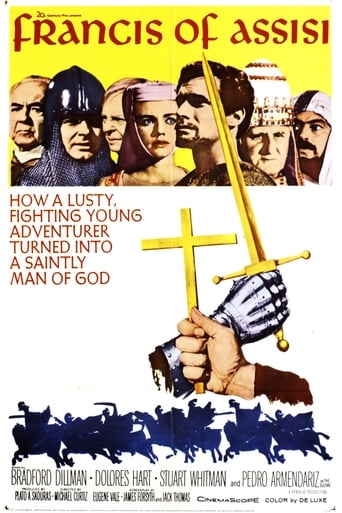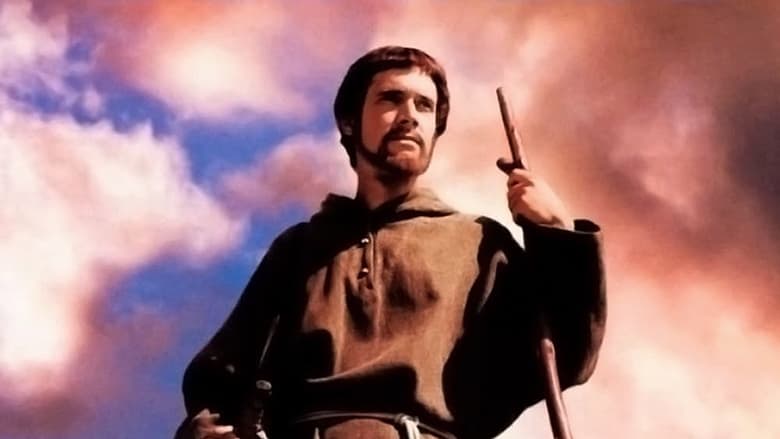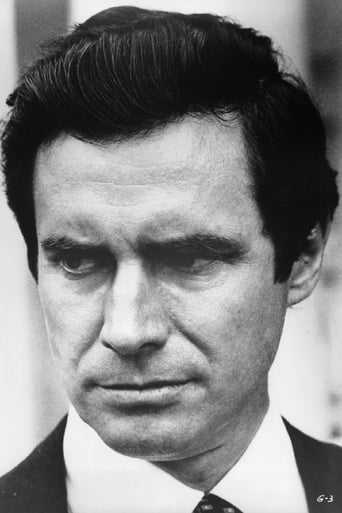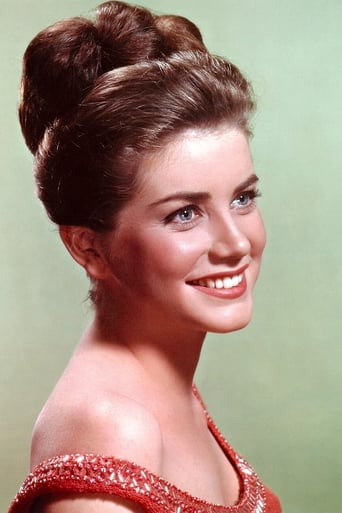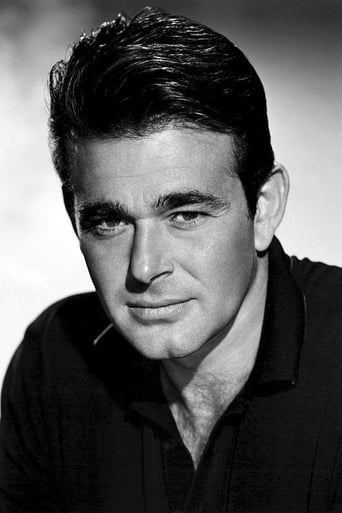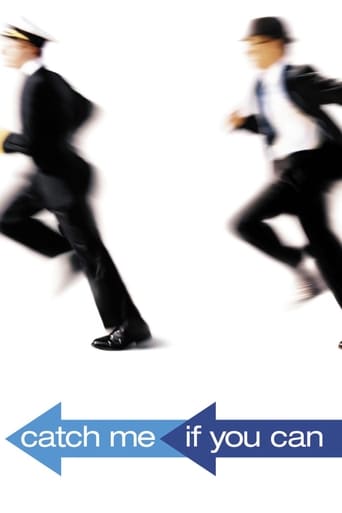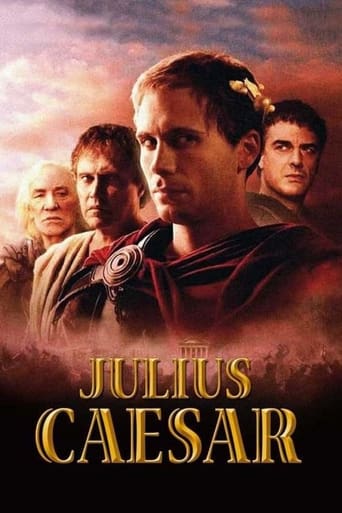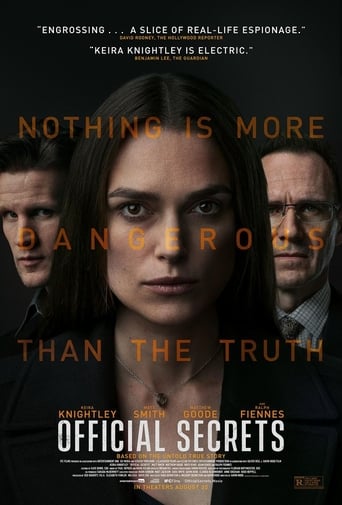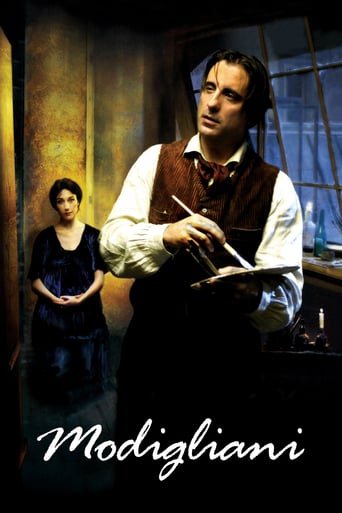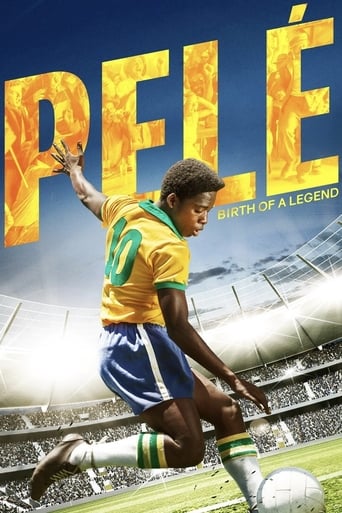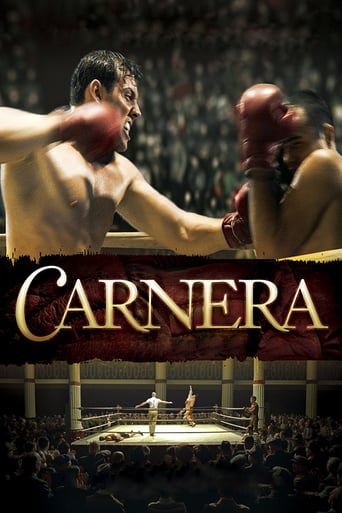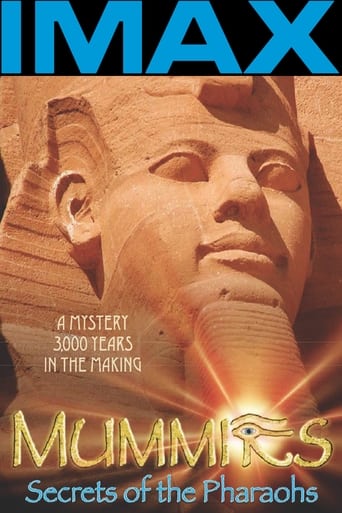Francis of Assisi (1961)
In 13th century Italy, Francis Bernardone, the son of an Assisi merchant, renounces a promising army career in favor of a monastic life and starts his own religious order, sanctioned by the Pope.
Watch Trailer
Free Trial Channels
Cast


Similar titles
Reviews
Very very predictable, including the post credit scene !!!
Truly Dreadful Film
everything you have heard about this movie is true.
Mostly, the movie is committed to the value of a good time.
In early 13th century Italy, bird-watching Bradford Dillman (as Francis Bernardone) decides to enlist. He is recognized as a disciple of Jesus Christ by a beggar, but Mr. Dillman isn't fully aware of his godliness, yet. We know it from the opening. The son of a merchant, Dillman befriends fellow soldier Stuart Whitman (as Paolo). They become so close Dillman gives his extra women to Mr. Whitman. Outside of the barrooms, both become rivals for more virginal blonde Dolores Hart (as Clare)...The men go off to war, but Dillman deserts when the voice of God tells him, "Put away the sword." Dillman is shunned by his community and imprisoned while he waits for God to give him additional directions Poor Dillman. Not that is performance is award-worthy, but, at least he's reverential and ready for action. Dillman also ages believably, in both appearance and manner. However, it's not enough to pull producer Plato Skouras' epic last film together...Nearing retirement, director Michael Curtiz is clearly slowing down. Whitman seems to be in the wrong century. Before she loses her long blonde hair, Ms. Hart appears to be in the wrong country. Nobody else is on screen long enough to contribute much. The famous subject is given a silly story treatment. Assisi blesses animals, for example, by greeting them. A nursing pig is greeted, "Good morning, sister pig." But right before that, Dillman says, "Good morning, brother cow." And, that's no bull.**** Francis of Assisi (7/12/61) Michael Curtiz ~ Bradford Dillman, Dolores Hart, Stuart Whitman, Cecil Kellaway
When I was in fourth grade in Catholic school, the nuns trooped us over to the local theater one sunny afternoon in the fall of 1961 to see this film. I remembered nothing about it, except for a vague notion that it had bored my sandals off. When I saw that Fox Movie Channel had it On Demand, I gave it another try, just to see. (I don't think I've ever had such an enormous gap between viewings of a film.)And it's not bad at all. The first half-hour or so, unfortunately, is not good. It looks tacky and cheap, like a '60s TV-movie. There's a ludicrous battle scene early on, but this marks the point after which the film starts to get better. The Italian locations are beautiful. The film is overly reverential and was made for a general audience fifty years ago, so we don't really get to see how much of a party animal Francis was before his conversion. Bradford Dillman pulls off the near-impossible job of making this plaster saint interesting. The incredibly lovely Dolores Hart plays Clare, the noblewoman who becomes the first Franciscan nun (and Dolores actually did enter the convent the year after this film, and is still there today, and remains as lovely as ever). There is a subtlety in the relationship between Francis and Clare that often works, but occasionally you get the feeling that the two are behaving in such a restrained way that they might actually be 13th-century Vulcans. Of course, the director here, Michael Curtiz, is responsible for the most romantic movie of all time, Casablanca. Whatever is there between Francis and Clare is left subtle enough for us to appreciate while not peeving the more conservative members of the audience. Stuart Whitman, the nobleman who loves Clare and serves as the third member of this non-triangle, seems miscast here. Stu was never really the nobleman type.Interestingly, the film takes a dim view of the Crusades, as it shows Christian forces raping and pillaging their way to the Holy Land. There's a scene with Francis meeting the leader of the enemy Saracens that shows their Sultan in a much more civilized light. The film also states that Francis felt his mission from God was to save the Church from its own materialism and heresy, pretty much along the lines of what Martin Luther would try to do two and a half centuries later. I'm not sure the nuns of 1961 really understood what was going on here.My non-Catholic wife says that Francis has always been well thought of outside the Catholic religion, mainly because he loved animals and is generally felt to have been kind and modest. Not too many reputations have survived eight centuries of questioning and doubt intact. I really didn't expect to like this film, or to get all the way through it, but I was happily surprised to find that I rather enjoyed it.
I saw Francis of Assisi at the age of 11, when it came out in 1961 at the old Stanley Warner Beverly Hills theatre. The film was given the red carpet treatment and a bunch of us Catholics went to see it.Unhappily this film is nowhere near as good a biopic of a saint as, say, "Song of Bernadette" is. Zefferelli certainly had a lot more fun with Francis in "Brother Sun, Sister Moon." The film is one of those "international all star casts", 2nd rate epics popular the late 1950s-early '60s made by European production companies but released Stateside by one of the name studios, Fox in this case. The American actors either unknown at the time (Dillman)or of lesser rank status (Hart, Whitman) were shipped to the Continent to make European films more acceptable to US audiences. The rest of the cast was mostly unfamiliar to US filmgoers then, unless they caught British imports at the more offbeat theatres in town.Michael Curtiz, so effective at Warners with "Captain Blood," "Adv of Robin Hood," "Yankee Doodle Dandy," and "Casablanca" among so many other classics, drops the ball here. He must have been tired by this time, having directed movies for some 40 years. The actors are given by-the-book direction. A few scenes remind one of how great a film Curtiz had been able to make in the 1930s-40s.Bradford Dillman does his best with what he's given but the screenplay, closely following Louis de Wohl's novel, "The Joyful Beggar," comes across pretty unexcitingly. The film is more outline than biography, going from one episode to another, interested in the standard (fictional)romantic triangle, as s sop to attract Protestants, one surmises, and never gets down to really giving a dynamic cinematic portrait of Francis. De Wohl wrote a long series of novelized saints' biographies in the 1950s that were popular among Catholics of the era. He died rather unexpectedly in 1961. They are of a type, sometimes a touch titillating, but in the end quite inoffensive. They were deemed fine reading for Catholic youth in the 1950s; they are still good for children to introduce them to the saints. Just as an aside, it's fun to know that De Wohl was employed by the US military in WWII to write pseudo-Nostradamus quatrains denigrating Hitler, dropped by Allied planes over Germany to offset Hitler's claims that Nostradamus had predicted Der Fuhrer's success.Pedro Armendariz has a great role as the Sultan, and is the most believable actor in this show altho Dolores Hart is very affecting as Clare, especially at her leave-taking of Francis at the film's conclusion. The scene in which Francis ministers to Moslem prisoners after a Crusader victory is Dillman's most effective, Francis being exposed to the brutality of war, shuddering at the horrors committed by Christians in the name of Christ.Francis was revered even in his own time as "Father Francis" by his friars even tho he was only ordained a deacon. "Father" is a title given founders of religious orders by their spiritual "children" even today. The title has nothing to do with ordination. Indeed, Francis did not want to be ordained at all but Pope Innocent explained that, to be allowed to preach in church, a man had to be ordained at least a deacon. Only then did Francis accept the formality so he could preach in churches. On the other hand Francis was an administrative failure. This is why Brother Elias, his successor as Master General of the order is shown to be - accurately - pretty coldblooded in doing his job. Brother Juniper, always muddling up things in the "Flowers of St Francis" had a simplicity that was beloved by Francis. another reason for Juniper to be in the movie - there was a popular daily 1-panel daily newspaper cartoon at mid-20th century detailing a present-day Franciscan "Brother Juniper" getting into comic situations. This was a simpler time when few citizens gave a 2nd thought to seeing a Catholic friar as a cartoon character. Today the Leftists wd surely be crying foul. How dare Catholics be funny where they can see it! Finley Curry as a (Scottish???) Innocent III is much too old. And I doubt that popes, even then, conducted daily affairs dressed in Mass vestments and wearing the tiara, just to let everyone know who was pope. Cecil Kellaway plays Cardinal Ugolino, the sponsor and "protector" of the Franciscans. He wd later become Pope Gregory IX and spar with St Clare who fought him to a standstill, winning the right for her and the Franciscan nuns to keep Francis' demand that his followers own nothing.Sorry to say, the imposition of the Stigmata is one of the lamest special effects in film. It does nothing to convey the utter spirituality of the event, and Mario Nascimbene's score leaves a lot to be desired. He did a lot better in other foreign films but he was nowhere near Korngold or Steiner in backing up Curtiz' direction as they had at Warners 25 years earlier."Francis of Assisi" is an inoffensive 1950s wannabe epic, almost a precursor of those "sword and sandal" movies made in Italy that were to follow during the early '60s - the "Son of Hercules" films and others. This one could have been - and should have been - a lot better.
Contrary to scant reviews of this movie as rather mediocre, several interesting aspects make it worth a viewing. Perhaps aside, there is the amazing parallel of movie-to-reality of lovely Dolores Hart, who plays the noble woman Clare. Clare forsook marriage to an earnest noble (Stuart Whitman) and followed Francis (Bradford Dillman), founding the Poor Clares order of nuns. Hart was on the verge of marriage in 1963, when she decided to become a nun. The acting is good enough to keep one interested. And seeing some of the last appearances of old guard like Finlay Currie, Cecil Kellaway, and irascible director Michael Curtiz (who directed many of Errol Flynn's swashbuckler movies and other Warner Bros. fare in Hollywood hey days) sufficiently tempts the serious movie buff. The movie itself has the looklots of color but also the lingering epic Hollywood scale--of historical yarns of the late 40s on through the 50s. Like the better efforts of this genre, the life of Francis progresses with a competent scriptparticularly in Francis's struggles against the establishment church. Thus it is historically preferable to Zeffirelli's minimalist Brother Sun, Sister Moon which frames Francis and Clare as more akin to 60s hippies than inhabitants of the 13th centurywith a plot that meanders like a music videoand Donovan's music to prove it (Zeffirelli also wanted the Beatles to appear in the movie!). This reviewer is perhaps tainted with some nostalgic bias, since as a small boy I saw the Southern California premiere of Francis of Assisi (in Downeysoutheast LA county suburb--of all places!) that included a live appearance and short commentary on stage by Stuart Whitman, who in his rough out style played Francis's friend-turned-antagonist (having been jilted by Clare) Count Paolo of Vandria. Years later at Universal I worked with Whitman, who, crusty as ever, recalled memories of the movie shoot as a tolerably pleasant experience.

